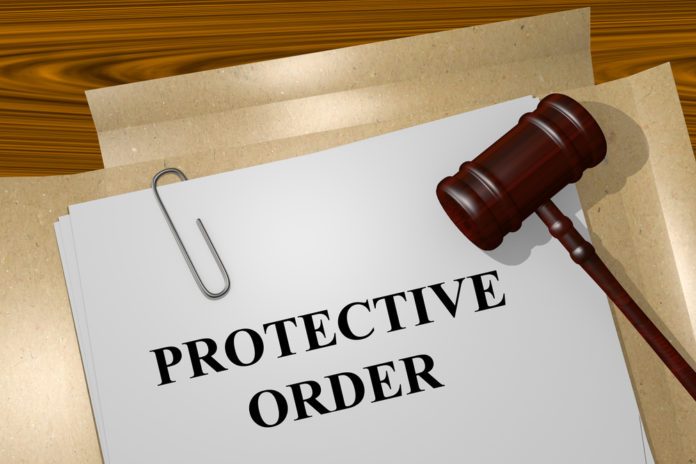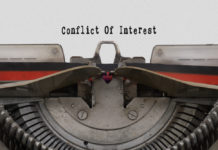The awardee claimed protester’s counsel had a conflict that violated the ABA’s Rules of Professional Conduct. The awardee said the protester’s counsel should not have been admitted to the GAO protective order. But GAO said it doesn’t adjudicate violations of the rules of professional conduct. The protester’s counsel may have had a professional conflict, but that didn’t bar them from the protective order.
Science Applications Internationa Corporation, GAO, B-422244, B-422244.2
- Objection to Protective Order – GAO issued a protective order for the protest. The awardee objected to the admission of protester’s counsel. The awardee said the protester’s counsel had previously represented a company that was now one of the awardee’s subsidiaries. The awardee argued this conflict violated the ABA’s Rules of Professional Conduct. The awardee wanted GAO to rescind the admission of protester’s counsel to the protective order.
- GAO Declines to Rescind Protective Order – GAO found the awardee’s objections were outside the scope of GAO review. In considering admission to a protective order, GAO only considers whether the applicant was involved in competitive decision-making or whether there is an unacceptable risk of disclosure of protected information. GAO does not decide whether an attorney has violated the rules of professional conduct.
- Alleged Conflict – The protester contended the agency didn’t consider the awardee’s impaired objectivity OCI. The solicitation was for a task order to provide engineering support services on the program level. But the protester noted the awardee had a different task order to provide engineering support services on the headquarters level. The protester reasoned that by working on the headquarters level, the awardee would be in a position to review its work on the program level.
- GAO Rejects OCI Argument – GAO found the agency had considered the conflict and reasonably determined it would not be a problem. While the awardee’s work on the two task orders overlapped, the contractor at the headquarters level did not evaluate the work of the contractor on the program level.
- Technical Evaluation – The agency assessed weaknesses to the protester for ambiguities in its proposal. The protester objected to the weaknesses arguing it had specifically addressed these alleged ambiguities. But GAO found the protester’s argument amounted to disagreement with the agency. GAO found that neither the proposal nor the protester’s filings sufficiently explained the ambiguities identified by the agency.
The protester is represented by Daniel R. Forman, William B. O’Reilly, and Emily P. Golchini of Crowell & Moring LLP. The awardee is represented by Scott N. Flesch, Jason N. Workmaster, and Connor W. Farrell of Miller & Chevalier Chartered. The agency is represented by Amy Scott Wasyluka and Wade L. Brown of the Army. GAO attorneys April Y. Shields and Christina Sklarew participated in the decision.
–Case summary by Craig LaChance, Editor in Chief




